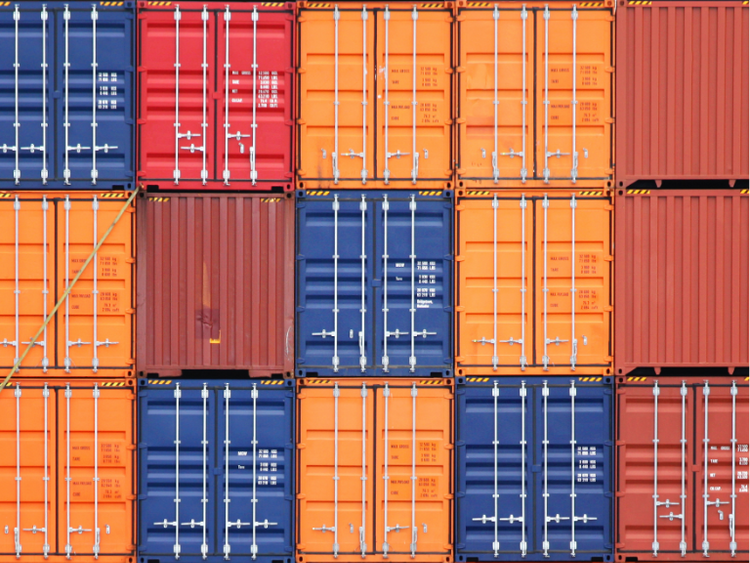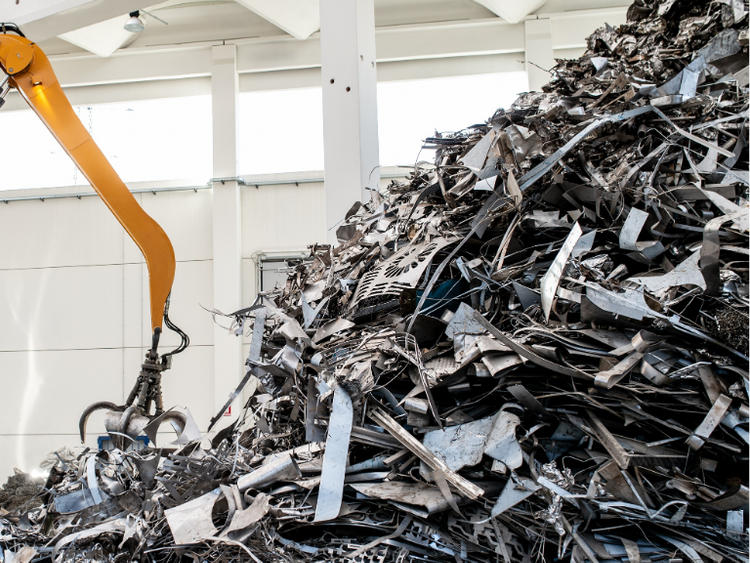Market

June 28, 2024
Metal Mayhem: The hidden struggles of shipping scrap metal overseas
Written by Gabriella Vagnini
The global trade of recycled metal is an essential component of the recycling industry, contributing significantly to environmental sustainability by reducing the need for new raw materials. However, shipping internationally faces numerous obstacles that hinder its efficiency and profitability.
These challenges primarily revolve around financing, insurance and the role of assayers. Here, we dive into the intricacies of these issues to understand why shipping recycled metal overseas remains a complex endeavor.
Regulatory compliance and environmental concerns
One of the foremost challenges is navigating the intricate web of international regulations. Different countries have varying standards for the import and export of recycled metal, often requiring rigorous documentation to ensure the materials are free from hazardous substances. Compliance with these regulations can be time-consuming and costly, creating a significant barrier for exporters.
Environmental concerns also play a critical role. Many countries impose strict regulations on imports to prevent pollution and ensure the safety of their ecosystems. This necessitates thorough inspections and certifications, further complicating the shipping process.
Quality control and contamination
Recycled metal quality can vary widely, and contamination with non-recyclable materials or hazardous substances is a common issue. Ensuring the purity and quality of the scrap metal is vital to meet the standards of the receiving country. Contaminated scrap metal can lead to rejection of shipments, financial losses and damage to business relationships.
Financing challenges
Financing the shipment of scrap metal is fraught with challenges. The primary issue is the volatility of scrap metal prices, which can fluctuate significantly based on global market demand and supply conditions. This volatility makes it difficult for financial institutions to assess the value of the collateral, increasing the risk associated with lending.
Additionally, the scrap industry is often seen as high-risk due to the potential for fraud and quality disputes. Financial institutions may be hesitant to provide loans or credit lines, fearing defaults or disputes that can erode their profits. As a result, exporters often struggle to secure the necessary financing to manage cash flow and cover operational costs.
Insurance difficulties
Insuring scrap metal shipments is another hurdle. The inherent risks involved, such as contamination, theft, and damage during transit, make it difficult for insurers to underwrite policies. The lack of standardized grading and the potential for significant variation in the value of shipments add to the complexity.
Insurers also face difficulties in accurately assessing the risk of environmental liabilities, especially if scrap metal is found to be contaminated with hazardous materials. This potential liability can lead to higher premiums or outright refusal to provide coverage, leaving exporters vulnerable to substantial financial losses.
How do I know that what I bought is what I received?
The role of assayers are crucial in the recycled metals trade, responsible for analyzing and certifying the quality and composition of the metal. However, their role is fraught with challenges.
One of the primary issues is the lack of standardized methodologies for assaying recycled metal. Different countries and companies may use varied techniques and standards, leading to inconsistencies in the results. This inconsistency can cause disputes between buyers and sellers regarding the quality and value of the metal, undermining trust and complicating transactions.
Another issue is technological limitations. Accurately assaying recycled metal requires sophisticated technology and skilled personnel. However, not all facilities have access to the latest technology or adequately trained staff. Human error and outdated equipment also can result in inaccurate assessments, further complicating the trade process.
Then there is the lack of transparency and accountability. Disputes over assay results are common, and there is no universally accepted mechanism for resolving these disputes. This lack of transparency can lead to mistrust between parties, hindering the smooth flow of trade.
Conclusion
The shipment of recycled metal overseas is essential for the global recycling industry but is plagued by numerous challenges. Regulatory compliance, quality control, financing difficulties, insurance hurdles, and issues with assaying all contribute to the complexity of this trade. Addressing these challenges requires coordinated efforts to standardize regulations, improve financial and insurance mechanisms, and enhance the reliability and transparency of the assaying process.
Stay tuned next week as we dive into how international export shipments of recycled metals can become more efficient, secure and profitable.





